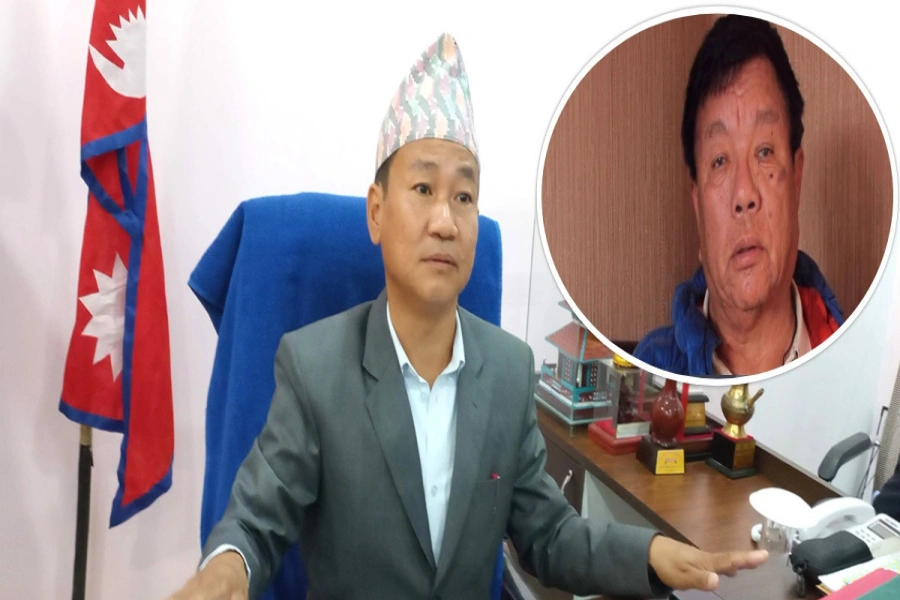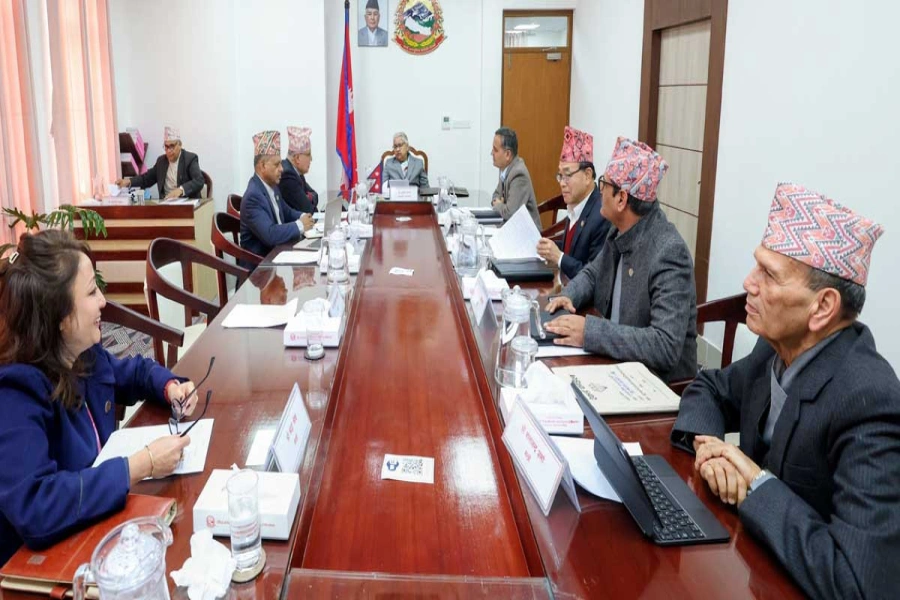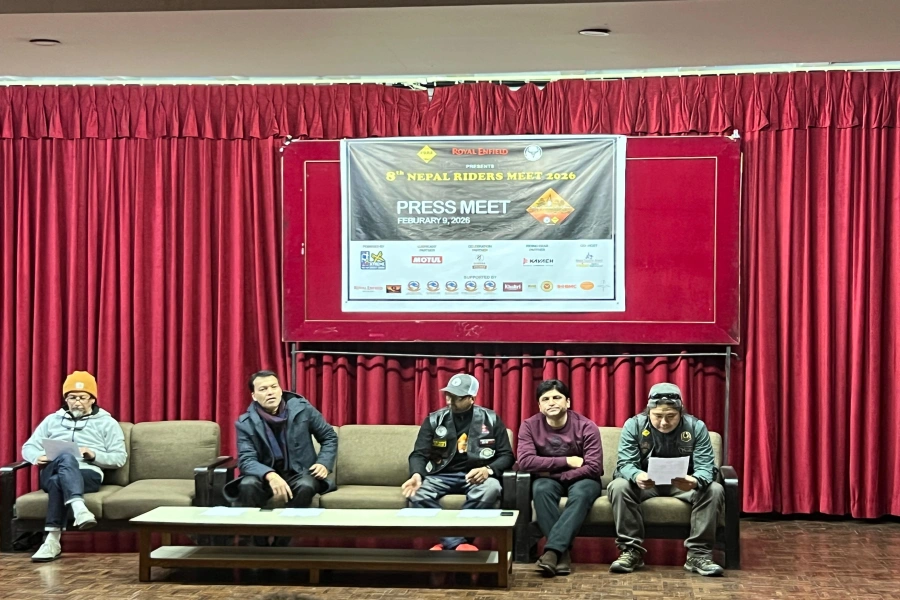The Dutch election
Geert Wilders is in a league of his own when it comes to fanning xenophobia and playing on people’s fears. Campaigning in the lead up to the Dutch general election on March 15th, the populist leader of Party for Freedom had promised that if he won and got to form a government he would pull the Netherlands out of the European Union, impose a moratorium on non-Western immigration, close all mosques and ban the Koran. Just weeks before the election date, all the credible polls predicted that his party would emerge the largest. But his poll lead quickly vanished as he chickened out of pre-election televised debates, fearing his lack of reasons would be exposed in front of the camera. The Dutch prime minister, Mark Rutte, and his People’s Party, also got a new lease of life when he firmly dealt with the escalating row between the Netherlands and Turkey. As tensions mounted, Turkish President Recep Tayyip Erdogan, angered by the Dutch government’s
refusal to allow his ministers from addressing rallies of Turk expats in the Netherlands, had even compared Rutt’s government to Nazis. With this last-minute boost for the prime minister, the
People’s Party was able to come first securing 33 of the 150 seats in the national assembly, 13 more than Wilders’ Party of Freedom.
The Dutch election and the unexpectedly poor showing of Wilders’ party are being seen meaningfully across Europe. Both France and Germany go to polls soon and in both the countries right-wing populism is in ascendency. But the results in the Netherlands have given new hope to liberals in these countries. They now believe that just like the Dutch have rejected xenophobic populism, so will their own voters. But what do the Dutch election results mean for the rest of the world, and for Nepal in particular? One lesson is that most voters, even as they find their basest emotions stirred by populists, are still capable of good judgment, of separating the right from the wrong. In fact, it might be argued that the US election results, whereby Hillary Clinton got nearly two million more votes than Donald Trump, also offers the same lesson. In a partly proportional electoral system of Nepal, Trump would most likely have been defeated. The recent state elections in India, the one in Uttar Pradesh most notably, also hint of a shift towards agenda-based politics: most Indians were apparently impressed by Narendra Modi’s economic policies and believe he is the right person to change the impoverished face of rural India. It’s certainly not the racist RSS goons who won it for the BJP.
The larger lesson for the likes of KP Sharma Oli and Kamal Thapa is that populist policies can take them only so far. The same goes for the secessionist forces that are looking to spread blatant lies and incite inter-communal violence in order to increase their popularity. So we would like to urge all democratic forces to fight the next election on the strength of their competing economic and development agendas, and not by pandering to particular ethnic groups; fight to make Nepal a more inclusive place, not to further divide it along communal lines. Lies and hatred, while they are handy tools with which to collect easy votes, are also, as the Dutch example suggests, ultimately counter-productive.
Sampang wishes to make Pun an honourable ‘legislator’







-1770648553.webp)






























